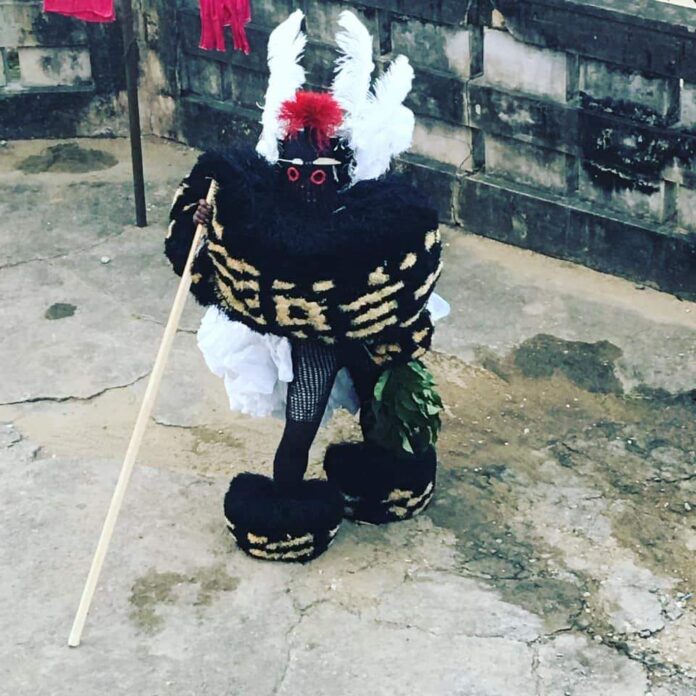© Holyns Hogan, 2023
As I had written and said prior to now, particularly as one licensed or as authoritatively used in my current Efik Esoterica Heritage Research Project (the first of its kind in Efik history), the term Esoterica is applied and intended to be understood as lexically defined by any standard lexicon or dictionary.
Agreed that some readers or ignorant initiates may cursorily find this post offensive at first sight or reading. Sure, others may see it as daring and deserving of further un-owed explanations for implied audacity to dare writing on/attempting to unveil Ekpe Esoterica.
Still, while the above parochialism and sentiments work to no avail to right thinkers that learnedly believe that “knowledge not shared is more darkness than light in the open courts of truths required to critically elevate human’s psyche with the highest level of consciousness and sacredness required to eschew ignorance in scholarship, literature, history and reality” (Hogan, 2018), the author delights to do what he deems best for posterity.
Please, note instructively that Ekpe as contextualized has nothing to do with how it is claimed, marketed or used as Ekpe Efik, Cuba, Ejagham, Efut, Cameroun, Biase, Uruan or Igbo, exemplified openly as institutional plays, masquerades or social dance art. Far from it, except where pointed out or specifically mentioned for obvious physical or spiritual reference purpose(s) as example.
“Certainly, we can not learnedly limit Ekpe to the confines of its spiritual or poetic concealments that tend only to market it as a fearsome, wicked, occultic, mystical/ esoterical cult, confraternity or secret society whose deep or shallow knowledge restricts only to initiates, yet, fail to equally recognize the implicit paradox created when Ekpe is broadly conceived as a symbol of religion, race, power, association, arts or heritage. Better still, seen naturally as universal, not local, in the philosophical, aesthetical, religious or mystical study and globalization of Ekpe spirituality, mentality and history in cosmology and mythology” (Hogan, 2023).
Accordingly, now that we equally know that Ekpe universally goes beyond known traditional secrecies to having widely acknowledged global humanitarian, academic, social, spiritual, political ideological and economic benefits in the systemic, cultural and religious link of man nature and society, it is good to further note that Ekpe has secrets that also mean good to the entire world when unveiled by the very few learned people in our society. Thanks to the likes of Greek’s Socrates and Nigeria’s Prof Wole Soyinka for the inspiration to study, question, appraise or even doubt the gods, tradition, myths, customs/worldviews in literature, history, arts, cosmology and philosophy.
TO BE CONTINUED










